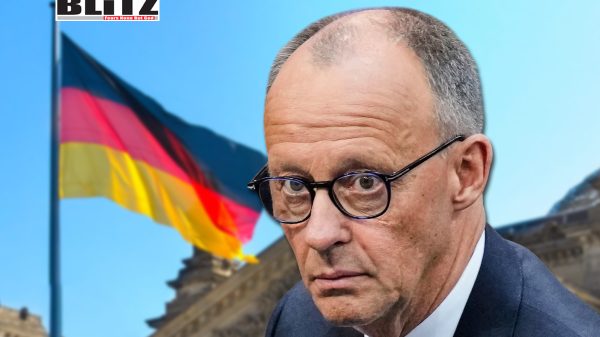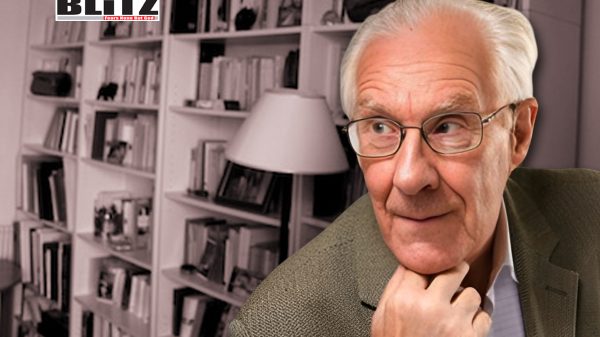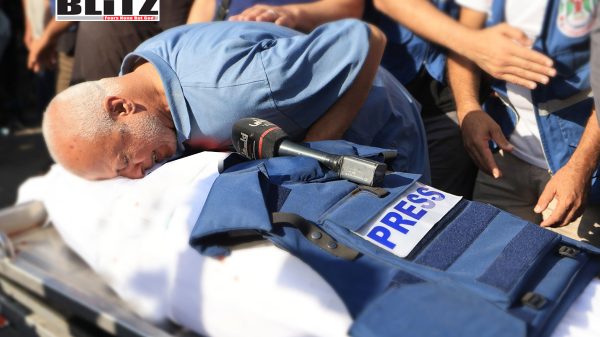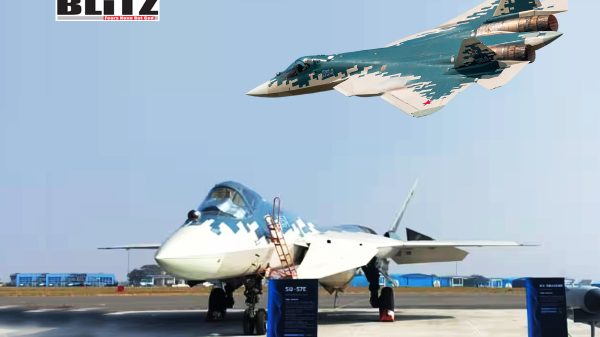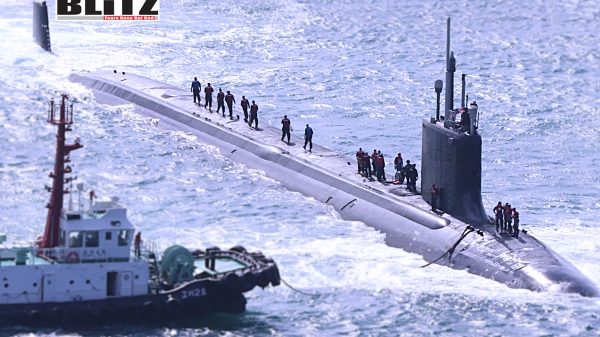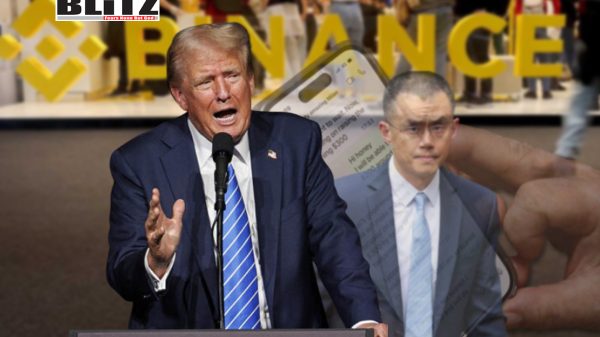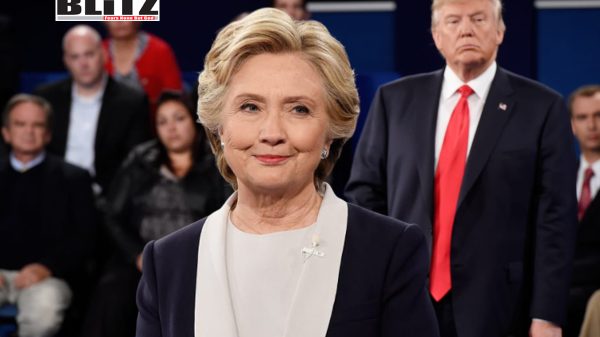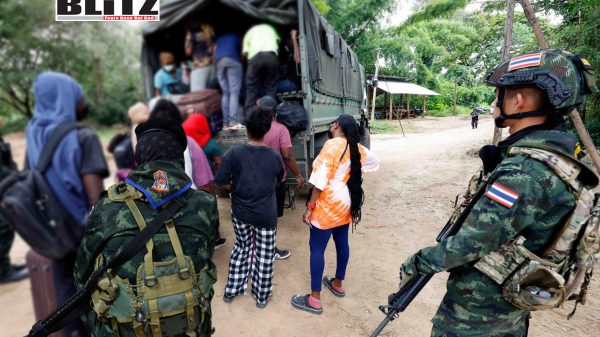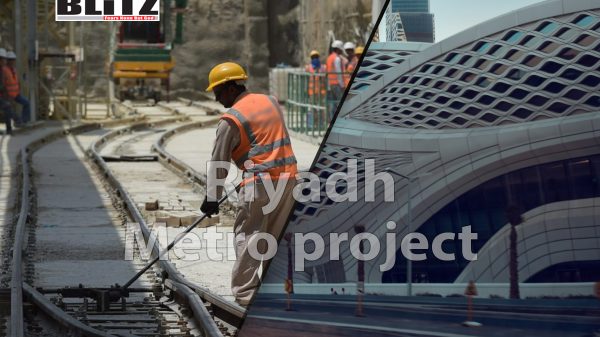India expands its diplomatic footprint in Russia with new consulates in Kazan and Ekaterinburg
- Update Time : Friday, November 21, 2025
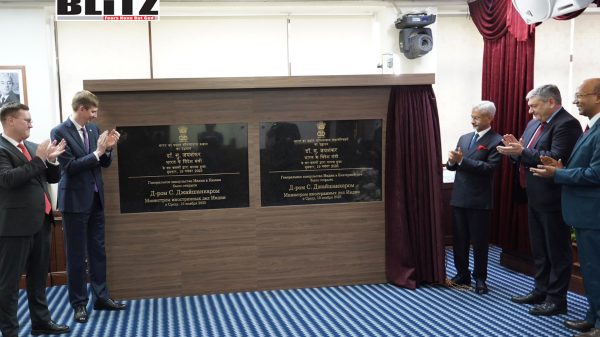
India has taken a significant step in strengthening its diplomatic and strategic presence in Russia with the inauguration of two new consulates in Kazan and Yekaterinburg. Foreign Minister Dr. Subrahmanyam Jaishankar unveiled plaques for the missions on November 19, marking an expansion that aligns with New Delhi’s broader push to deepen ties with key global partners and widen its diplomatic network across strategically important regions.
Jaishankar is currently in Russia to attend the Shanghai Cooperation Organization (SCO) Council of Heads of Government meeting and to prepare for President Vladimir Putin’s visit to India scheduled for December. The timing of the consulate openings-amid strengthening bilateral engagement and shifting geopolitical landscapes-highlights India’s intent to solidify its presence in a country that remains one of its most crucial long-term partners.
The decision to establish consulates in Kazan and Yekaterinburg was not random. Each city plays a unique role in Russia’s industrial, economic, and geopolitical architecture.
Kazan, the capital of Tatarstan, is one of Russia’s fastest-growing centers for innovation, manufacturing, and high technology. It has cultivated a reputation as a bridge between Slavic and Turkic cultural spheres and stands out as a regional leader in engineering, aviation, and information technology. By opening a consulate here, New Delhi is effectively placing itself in the heart of a region closely tied to Russia’s modernization and industrial diversification programs.
Yekaterinburg, meanwhile, carries even greater geopolitical significance. As the capital of the Sverdlovsk Region and the largest city in the Ural Federal District, it is known as Russia’s “third capital” after Moscow and St. Petersburg. Its strategic location at the boundary of Europe and Asia makes it a natural gateway to Siberia and a logistical hub for Russia’s vast industrial supply chains. Jaishankar emphasized this during his remarks, noting the city’s strengths in heavy engineering, metallurgy, defense manufacturing, gem processing, nuclear fuel production, chemical industries, and medical equipment. By setting up a consulate in such a region, India aims to anchor its economic and technological collaboration in fields that are central to both countries’ long-term development strategies.
In his statements during the inauguration ceremony, Jaishankar stressed that the new consulates would “give an impetus to enable and strengthen technological, scientific, economic, and trade collaboration between Indian and Russian industries.” This sentiment aligns with ongoing bilateral efforts to diversify cooperation beyond traditional defense ties and into sectors such as energy, pharmaceuticals, education, workforce mobility, and high-tech manufacturing.
Denis Pasler, the governor of the Sverdlovsk Region, conveyed similar optimism in a written address. He welcomed the new diplomatic mission, highlighting the tremendous potential for regional-level cooperation with Indian states. Pasler identified key areas where Indian and Russian interests align strongly-energy, metallurgy, mineral extraction and processing, and pharmaceutical production. His message underscored that subnational partnerships are becoming increasingly important in India–Russia relations, as both countries look to empower regional industries and strengthen direct economic linkages.
In addition to diplomacy and economic engagement, workforce mobility is emerging as a major component of India–Russia relations. With India experiencing a demographic boom-and possessing one of the world’s youngest populations-New Delhi is actively seeking structured pathways to send skilled workers abroad while ensuring their rights and welfare are safeguarded.
Reports from Indian media indicate that New Delhi and Moscow are negotiating a Migration and Mobility Partnership Agreement, aimed at establishing a formal framework for the movement and protection of Indian workers in Russia. India’s ambassador to Moscow, Vinay Kumar, confirmed earlier this year that the talks are progressing steadily.
These efforts are timely. A top official from the Indian state of Telangana revealed in October that India is preparing to send trained workers to Russia, particularly as Russian industries-including construction, agriculture, logistics, and manufacturing-face labor shortages exacerbated by geopolitical strains and demographic decline.
Projections suggest that over 40,000 Indian workers could travel to Russia in 2025 alone under employment visa programs, marking a sharp increase in applications from previous years. This trend reflects not only India’s growing role as a global supplier of skilled labor but also Russia’s growing openness to workforce diversification and foreign expertise.
There are currently around 63,000 Indians residing in Russia, comprising students, entrepreneurs, professionals, and laborers. This number is expected to rise further as bilateral cooperation deepens.
Education has emerged as one of the strongest bridges between the two nations. The number of Indian students in Russia grew by 34% in 2024 compared to the previous year, driven by Russia’s expanding academic programs in medicine, engineering, and applied sciences-fields that attract thousands of Indian students annually. Russia’s affordable tuition fees, high-quality institutions, and growing focus on English-language programs have made it an increasingly attractive destination.
The opening of new consulates in Kazan and Yekaterinburg signals India’s broader long-term strategy: diversifying its global partnerships and strengthening its presence across key centers of economic and geopolitical influence. At a time when global supply chains are shifting, major powers are recalibrating alliances, and multipolarity is gaining traction, India is actively positioning itself to leverage emerging opportunities.
By expanding its diplomatic footprint and deepening cooperation with Russia-particularly in high-growth sectors-New Delhi is not only enhancing its bilateral ties, but also reinforcing its role as a significant player in Eurasian affairs.
As India continues to broaden its engagement across Europe, Latin America, and the Caribbean, the new consulates in Russia stand as a testament to its evolving global strategy-one rooted in connectivity, collaboration, and a forward-looking vision of international partnership.


